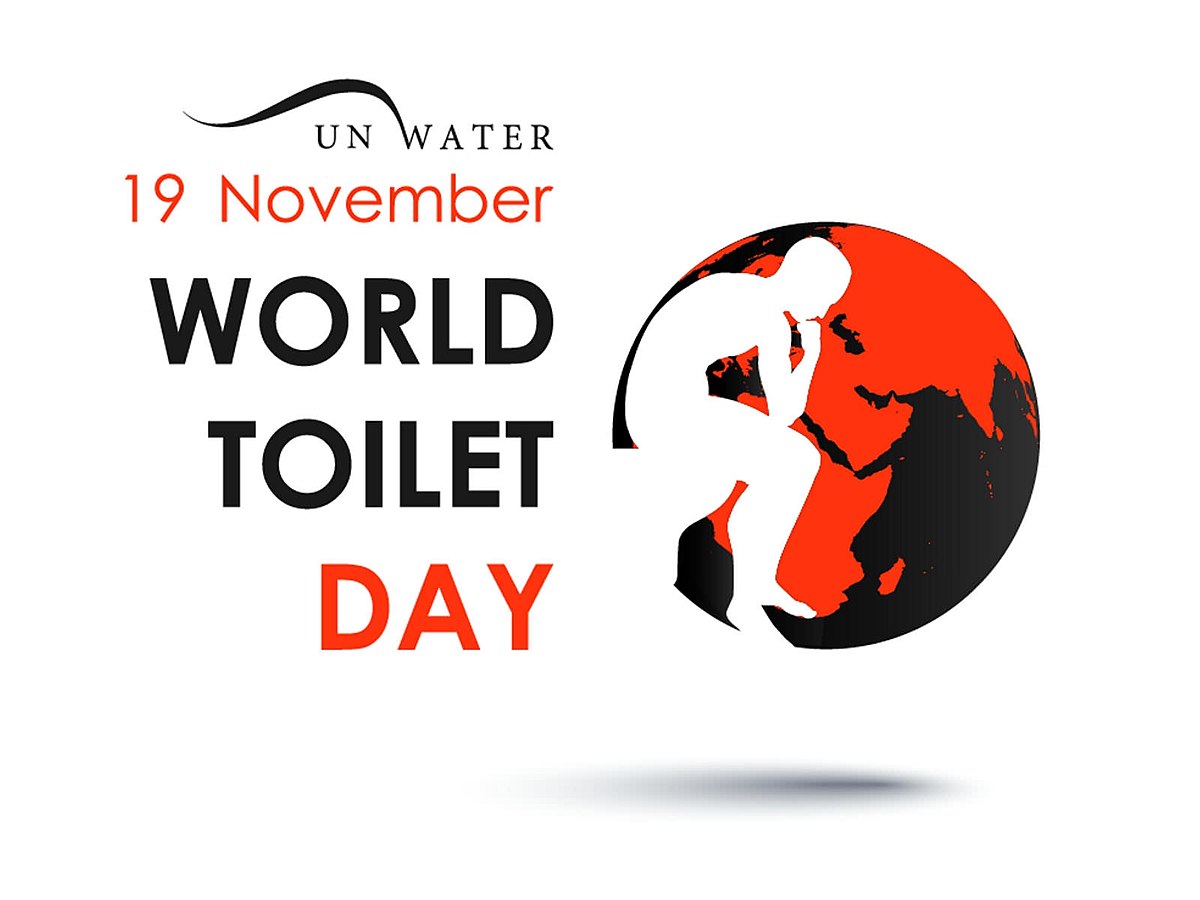The place where you go to let everything go. It is a sanctuary to many when all internal and emotional pain can be relieved. Many have waited, run, and even attempted to bash the door down to have served for what.
An army of them sitting side by side in big office buildings and universities ready to serve at a moment’s notice with a little metal wall for privacy while the specialists are always standing on the wall. Prepare at a moment’s notice to help the new person who’s going to open the door of destiny, while on the other side of the world, an Indian woman is digging a hole with little privacy.
“Right now, there are 3.5 billion people still living without safe toilets. 419 million people still practice open defecation. In these situations, diseases spread, killing 1,000 children under five every single day. This global crisis poses a threat to nature and everyone’s health, particularly women, girls, and other vulnerable groups,” says a statement from the United Nations.
Is there no day or credit for these unsung heroes who can be heard in their pipes after the organ finishes their song?
Actually: Nov. 19, is National Toilet Day.
But before celebrating the day of one man’s greatest creation next to slice bread, we need to go four days beforehand.
It is a tradition that happens over and over again to hold an event but this year.
Nov. 15, was originally planned at Mercy University at an event hosted by the Center for Global Engagement but was canceled due to technical issues.
That does not mean that all their hard work has gone down the drain. Irina Ellison, a professor at Mercy University, specializes in public health and has co-presented with Prof. Thomas Culhane on this topic several times in the past.
Her part of this presentation was linking it to the public health crisis that is seen around the globe in regard to how unsanitary conditions spread disease.
World Toilets Day was recognized by the UN as one of its many humanitarian goals. By 2023, it was ideal for every country to have toilets but that is not a reality.
This may seem simple to Americans, but installation of toilets, plumbing and proper sanitation can be a hazardous job.
Without toilets or something similar to efficiently dispose of human waste, it can be a hazard to the environment and public health, they say.
Fecal Oral is the main way that diseases are transferrable, it is easier to spread than one thinks. If one doesn’t wash their hands after coming into contact with fecal matter or fluids, fingers, flies, with whatever on the ground and floors could come into food if one is not careful
It only because of good sanitation, clean water, and hygiene is the way that could prevent the spread. That is why one sees the sign “wash your hands” at restaurants for employees. The “eeek” factor makes people aware of it but the most common way of spreading germs. If the infrastructure isn’t great, it can cause a leakage mixing sewage and clean water making it cross-contaminated and too dirty to drink.
“You may not worried about having no bathroom in New York City or about containment of your water source, but many parts of the world don’t have the same type of infrastructure or development,” said Ellison.
While 80 percent of wastewater flows back into the ecosystem without treatment.
“That is what makes natural disasters like earthquakes or hurricanes so deadly which later becomes an E. Coli outbreak.”
The death toll increased from what was once an earthquake on Jan. 12, 2020. On Oct. 21, there was a patient-zero was infected and by Dec. 9 there were 92,000 cases with 2000+ deaths.
The effects of Global Warming have introduced a new hazard, Flesh-eating bacteria in Florida in short of 65 cases there have been 11 deaths.
But there is an alternate illness, urinary tract infection that can be contracted from inside the body if a person doesn’t release everything out. It may go away on its own but other times it may require the use of antibiotics and it is more common in women.
This may seem bad but there is also gender-based violence.
According to the professor, “People’s dignity is removed.”
Unlike Mercy which has multiple toilets in its building, 20 percent of schools worldwide have no toilets at all. One-third of all schools lack safe water or sanitation and 25 percent of females drop out at puberty due to lack of privacy.
“So this day is all about awareness,” said Ellison. “How much water we do use daily? How often do we care about its safety and knowing that other parts of the world aren’t as developed as we are?”









